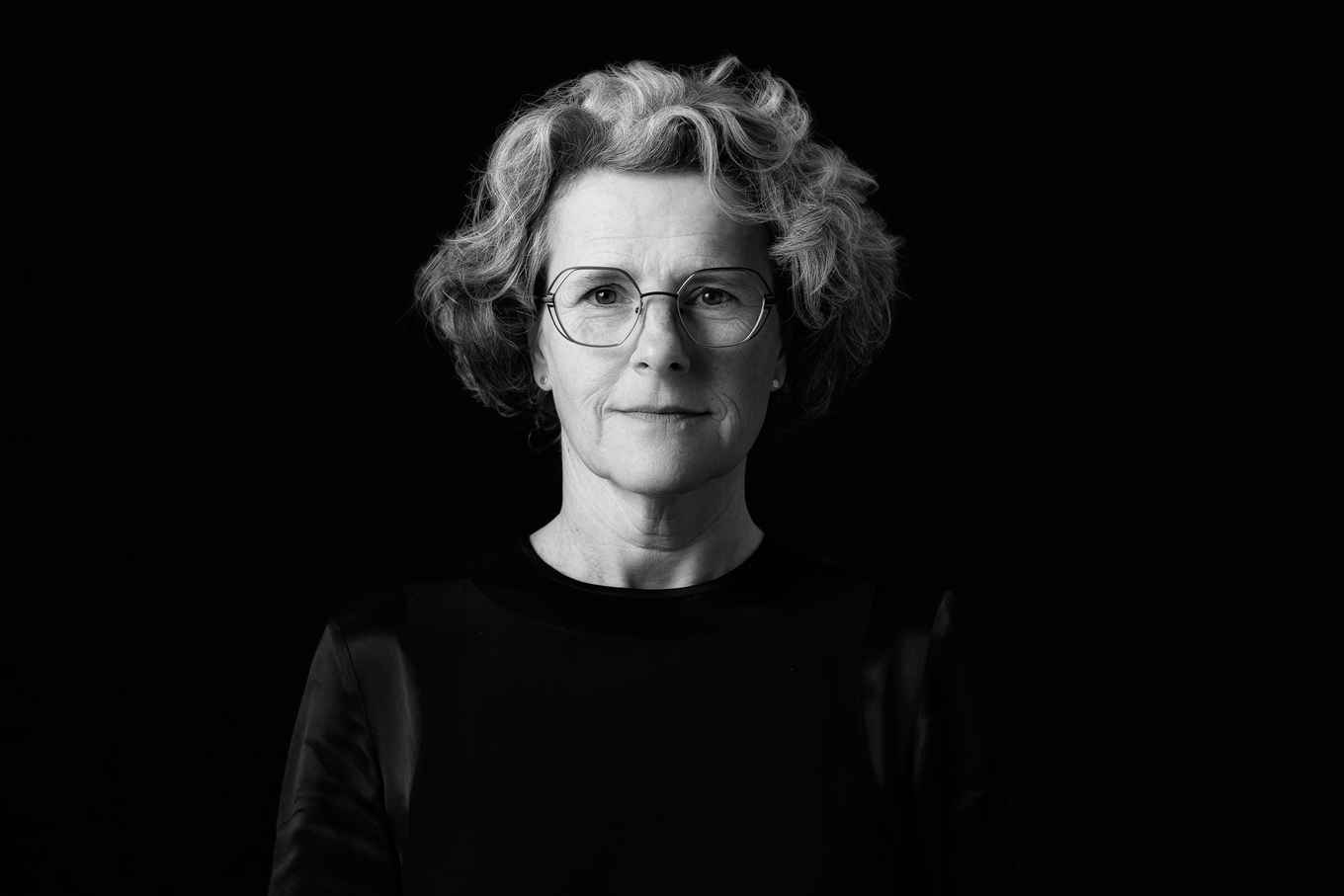Creating interfaces for Liveable Futures
Blog by Alumni Fellow Anne Beaulieu (Joint DSC/IAS Fellowship)
5 May 2024
The topic of the day was knowledge infrastructures (KIs) (Edwards et al, 2025), and the various contributions addressed how these can function as interfaces to different kinds of knowledge, in order to serve different kinds of knowledge actors (Beaulieu, 2024; in preparation a). Dr Paula Helm (UvA) shared her insights on collaborating with Sateré-Mawe to design a pluriversal database for indigenous languages, in the context of a project on Language Digitization in the Amazon Assemblage. My colleague from the University of Groningen, Dr Carol Garzon Lopez shared her insights on the role of values for transformative change while monitoring Biodiversity in Latin America.
With these two projects as exemplars, we spent the rest of the afternoon in discussion about what is at stake when we see KIs as interfaces that can support the development of different knowledge practices. While citizen science initiatives are often regarded as a way to gather data more efficiently and cheaply or as a means for public engagement and impact, the group gathered sought to articulate how citizen science can also be a way to respond to different challenges and threats, by increasing engagement with issues, enabling or extending data collection or providing access to new sources of data.

Citizen science can address data equity by remedying blind spots or creating new data flows, it can decrease epistemic injustice by making other knowledge visible (deep local knowledge of biodiversity and ecology), it can generate data at a scale that is more relevant for action (data at relevant scale for pollution, climate mitigation) or constitute an entry into processes of governance (contributions to regulatory processes). All these are important components of knowledge for ‘liveable futures’ (Beaulieu et al 2024)
By debating these important questions and coming up with optimal (never ideal) answers, we can help knowledge infrastructures to maintain their legitimacy, funding, or relevance. In such circumstances, citizen science becomes a diverse set of practices that allow for different kinds of engagement by those who do not primarily identify as professional scientists. This can have profound impact on science, since it can lead to an intensification of data gathering, changes in scale or scope of knowledge infrastructures, or a reorientation of the research agenda and novel modes of knowledge production (Beaulieu, in preparation b).
This in-depth and rich conversation would not have taken place without the support of the amazing IAS staff, the feeling of deccelaration and (intellectual) space that the IAS cultivates, and participation to many inspiring events, among them notably workshops on planetary treasury and on future generations, as well as lively exchanges with Denny Borsboom and Marthe Otten. The ramifications of this fellowship are multiple, for myself, but also for the emerging network of scholars who participated in this and other events related to my fellowship. Among them were other members of IAS (including Sanne Bloeming, the first Journalist in Residence at IAS), my colleagues from the Knowledge Infrastructures Dept at the University of Groningen and a growing circle of scholars.
Specifically, this April meeting was held in the context of the week-long Lorentz workshop on evaluating emerging knowledge infrastructures, and this event also addressed the IAS theme of Beneficial Disruptions in Science and Research, which was the overarching theme of my joint fellowship at IAS and Data Science Center in 2023-24.
The fellowship provided time and inspiration to develop the following contributions:
- Beaulieu, Anne, Efe Cengiz, Raul Cordero Carrasco, Selen Eren, Sarah Feron, Matilde Ficozzi, Carol Garzon Lopez, Stephanie Hobbis, Ruth Howison, Clarisse Kraamwinkel, Maarten Loonen, Marije Miedema, Dario Rodighiero. (May 2024) Liveable Futures, EASST Review.
- Beaulieu, Anne (forthcoming, 2025). “Interfaces for the Anthropocene.” In Critical Infrastructure Studies & Digital Humanities, edited by Alan Liu, Urszula Pawlicka-Deger, and James Smithies. Debates in the Digital Humanities. University Of Minnesota Press.
- Beaulieu, Anne (in preparation a). Revealing Relations: Knowledge Infrastructures for Liveable Futures. Bristol University Press.
- Beaulieu, Anne (in preparation b) “Materiality and the Stuff of Infrastructured Life.” Edited by Malcolm Campbell-Verduyn and Matthias Kranke. Economy and Society, special issue on growth infrastructures.
- Edwards, Paul N., Ashley Carse, Robin Williams, Antti Silvast, Steven J Jackson, Christine Borgman, and Anne Beaulieu (2025). “Infrastructures.” In Elgar Encyclopedia of Science and Technology Studies, edited by Ulrike Felt and Alan Irwin. Cheltenham, UK: Edward Elgar Publishing.